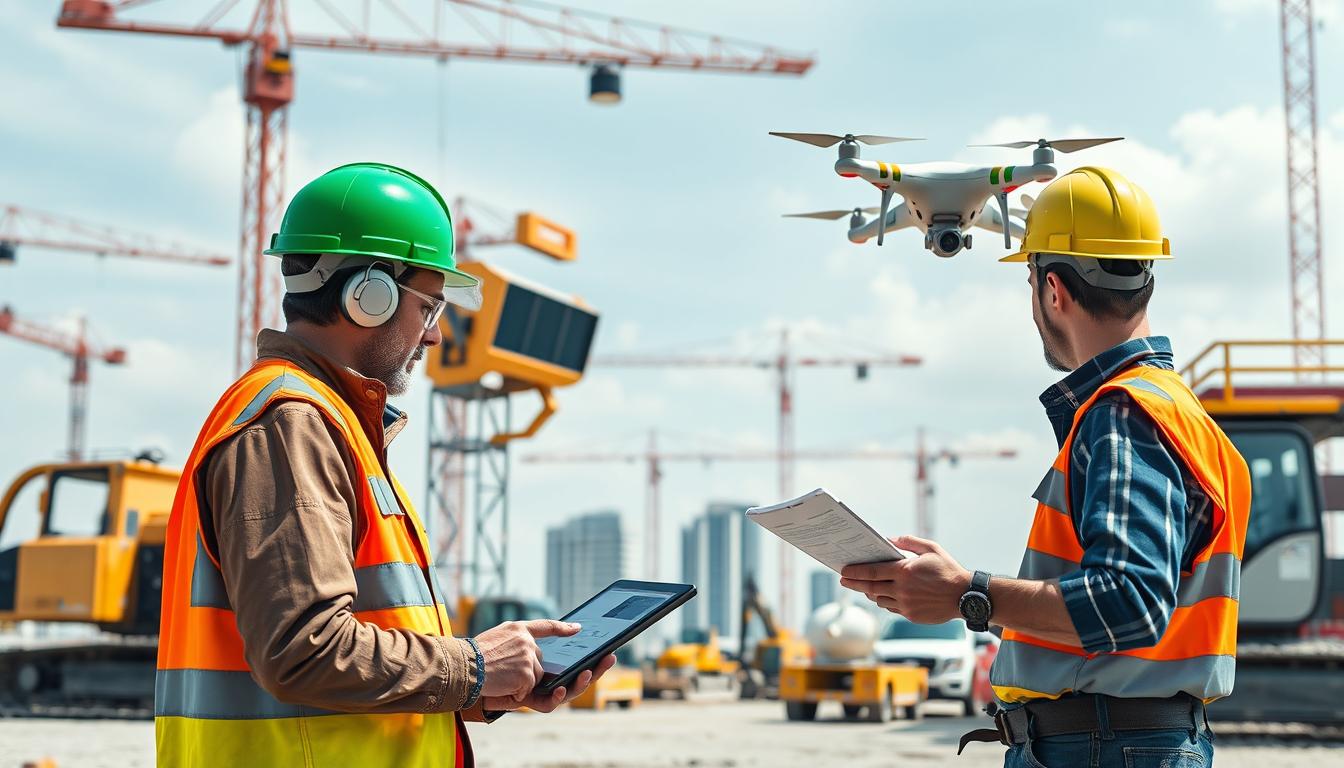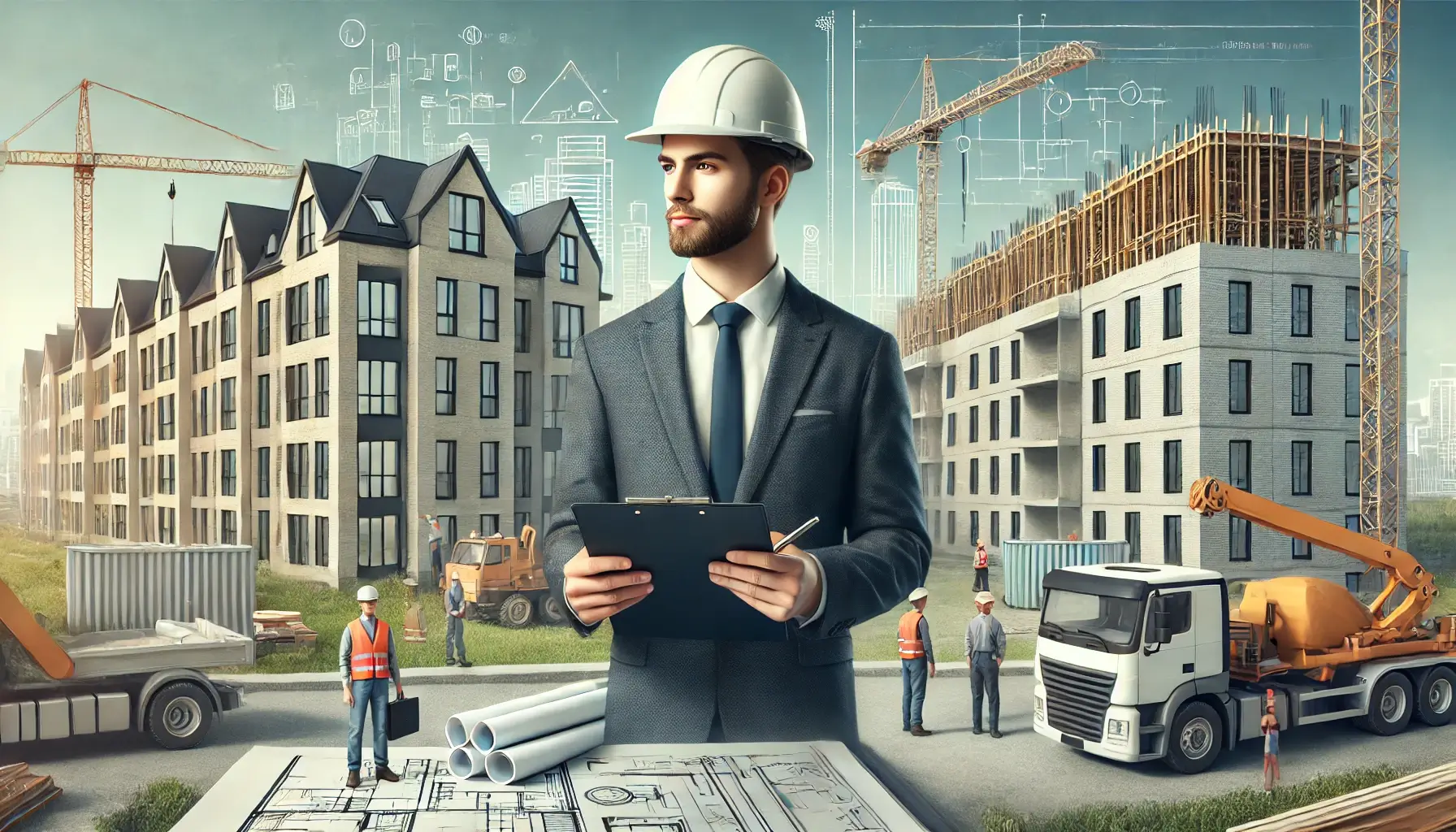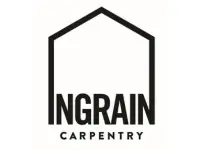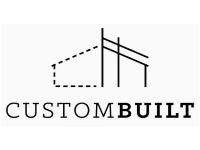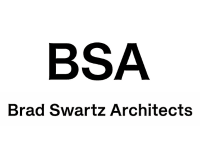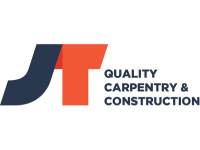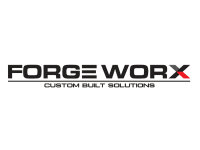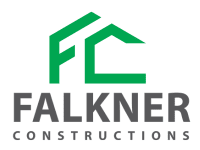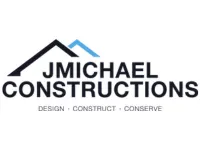Artificial Intelligence (AI) is transforming industries worldwide, and construction is no exception. Among its many applications, AI-driven cost estimation stands out as a game-changer, revolutionizing a traditionally manual and time-consuming process. But can AI do construction estimating? While AI introduces remarkable efficiencies, it lacks human intuition, judgment, and adaptability when dealing with unique project challenges. The true potential of AI in construction estimating lies not in replacing professionals but in enhancing their capabilities. In this article, we explore AI’s current role, its advantages, challenges, and what the future holds for AI-driven cost estimation.
AI-powered estimating tools leverage machine learning algorithms, historical project data, and real-time market trends to provide highly accurate estimates. These systems continuously improve as they analyze more data, refining predictions and identifying cost variables with greater precision. In a competitive construction environment where project timelines and budgets are critical, companies that embrace AI solutions gain a strategic advantage by reducing estimation errors, minimizing delays, and enhancing profitability.
But can AI completely replace human estimators? While AI introduces remarkable efficiencies, it lacks human intuition, judgment, and adaptability when dealing with unique project challenges. The true potential of AI in construction estimating lies not in replacing professionals but in enhancing their capabilities. In this article, we explore AI’s current role, its advantages, challenges, and what the future holds for AI-driven cost estimation.
How AI is Transforming Construction Estimating
AI has introduced a paradigm shift in construction estimating by automating processes and improving accuracy in a field that has traditionally been susceptible to human error. Estimators once relied on spreadsheets, historical cost records, and manual calculations to generate project budgets. Today, AI-driven tools can streamline these processes, offering dynamic and data-driven cost forecasting.
AI in Construction Estimating – What Can It Do?
AI-powered tools can enhance cost estimation in various ways:
- Cost Breakdown & Analysis: AI algorithms quickly break down project costs into materials, labor, and overhead expenses, significantly reducing calculation time.
- Pattern Recognition: AI identifies patterns in historical data, helping estimators predict costs based on similar past projects.
- Automated Material Calculations: AI-driven estimating tools integrate with supplier databases to provide real-time pricing on materials, ensuring accurate cost assessments.
- Risk Assessment: AI can detect potential financial risks by analyzing market trends and project constraints, allowing construction firms to mitigate budget overruns before they occur.
AI Estimating vs. Traditional Methods
Traditional construction estimating relies heavily on human judgment, which can sometimes lead to errors due to oversight, outdated data, or inconsistencies. AI systems, on the other hand, are data-driven and capable of processing vast amounts of information with extreme precision. Key differences include:
- Speed & Efficiency: AI can generate detailed cost estimates in minutes, compared to the hours or days required by human estimators.
- Data-Driven Accuracy: While human estimators rely on experience and intuition, AI uses real-time data and predictive modeling to improve estimation accuracy.
- Automation & Consistency: AI eliminates redundant work and human error, ensuring consistent and objective cost predictions.
Why AI is the Future of Construction Estimating
The construction industry is evolving rapidly, and firms that leverage AI-driven estimating tools position themselves at the forefront of innovation. AI-powered estimating software is not just a convenience; it is becoming a necessity in an industry where time, cost, and accuracy determine the success of a project. Traditional estimating methods, while effective, are often limited by human oversight, time constraints, and fluctuating market conditions. AI’s ability to integrate real-time data, refine cost projections, and streamline workflows makes it an indispensable tool for modern construction firms.
AI-driven estimating software offers several advantages that make it an attractive investment for construction companies:
✅ Greater Accuracy – AI analyzes large datasets, detects errors, and provides estimates with reduced risk of cost miscalculations.
✅ Faster Estimates – AI-powered tools process costs in minutes instead of days, significantly improving project planning timelines.
✅ Predictive Cost Forecasting – Machine learning models adjust estimations based on current market trends and material price fluctuations.
✅ Better Resource Allocation – AI helps construction managers optimize material procurement, labor scheduling, and resource distribution.
✅ Enhanced Collaboration – AI-powered estimating platforms enable real-time collaboration among project stakeholders, ensuring transparency and streamlined communication.
✅ Scalability – AI allows companies to handle multiple projects simultaneously without compromising accuracy or efficiency, making it a valuable tool for firms looking to expand their operations.
✅ Cost Savings – By minimizing human errors and improving estimation precision, AI helps construction firms avoid costly mistakes and budget overruns.
Can AI Construction Estimators Replace Humans?
While AI has proven its value in construction estimating, widespread adoption is not without obstacles. The transition from traditional methods to AI-driven solutions requires an industry-wide shift in mindset, training, and technological infrastructure. Many professionals express concerns over AI’s potential to replace human jobs, but in reality, AI serves as a complementary tool rather than a replacement. Human intuition, creativity, and adaptability remain essential in construction estimating, particularly in complex projects where unforeseen variables play a significant role.
Despite its many advantages, AI in construction estimating still faces challenges that must be addressed before widespread adoption. Some key obstacles include:
🚧 Data Quality Issues – AI is only as good as the data it processes. If inaccurate or incomplete data is used, AI estimations will also be flawed.
🚧 Industry Resistance to Change – Many construction firms remain hesitant to transition from traditional estimating methods to AI-based solutions due to high initial costs and skepticism about reliability.
🚧 The Need for Human Expertise – AI lacks the ability to apply contextual judgment, such as assessing project-specific risks, unforeseen site conditions, and client-specific requirements. While AI can generate data-driven estimates, human oversight remains crucial.
🚧 Integration Challenges – Many construction companies use legacy systems that do not easily integrate with AI-based tools, creating difficulties in adoption and workflow adjustments.
🚧 Security & Data Privacy Concerns – AI relies on vast amounts of data, and ensuring that sensitive project details are protected from cyber threats is a major consideration for companies adopting AI-driven estimating solutions.
Where Is AI-Driven Cost Estimation Heading?
The future of AI in construction estimating is not about replacing human expertise but about enhancing it. As AI continues to evolve, its potential applications in construction will expand far beyond what we see today. Companies investing in AI-driven estimating software now will likely be better positioned to adapt to industry changes and maintain a competitive edge. AI’s ability to integrate with existing construction management systems, automate complex calculations, and provide predictive insights will redefine how cost estimation is approached.
AI technology continues to evolve, and its impact on construction estimating is expected to expand in the coming years. Future developments may include:
🔹 AI + BIM (Building Information Modeling) Integration – AI-powered estimating will integrate with BIM systems, allowing for real-time cost calculations based on digital blueprints and project modifications.
🔹 AI-Powered Estimating Software – More companies will adopt tools like ProEst, PlanSwift, and Autodesk’s AI-driven estimating solutions to streamline project planning.
🔹 Hybrid AI-Human Collaboration – Instead of replacing human estimators, AI will serve as a complementary tool, improving efficiency while leveraging human expertise for decision-making.
🔹 Automated Cost Predictions – AI will become more predictive, allowing construction firms to adjust budgets dynamically based on supply chain fluctuations and changing market conditions.
🔹 AI-Driven Risk Analysis – Advanced AI algorithms will enhance risk assessment by identifying financial, environmental, and logistical risks early in the estimating phase.
🔹 Global AI Adoption in Construction – As AI technology becomes more accessible, its adoption will expand beyond large corporations to mid-sized and small construction firms.
Final Thoughts: AI in Construction Estimating – A New Era of Accuracy & Efficiency
Artificial intelligence is reshaping the construction industry, and its impact on estimating is undeniable. AI-driven tools are enhancing accuracy, improving efficiency, and providing real-time cost insights that were once impossible with manual methods. However, while AI can streamline calculations and optimize decision-making, it is not a replacement for human expertise. The most successful construction firms will be those that embrace AI as a collaborative tool, leveraging its speed and data-driven insights while maintaining the critical role of experienced estimators.
As AI continues to evolve, companies that integrate AI-powered cost estimation solutions today will gain a competitive edge in tomorrow’s construction landscape. The combination of technology and human intelligence will define the future of cost estimation, ensuring smarter, faster, and more reliable project planning.
🚀 Get Accurate, Expert-Verified Estimates Today!
Are you looking for precision and reliability in your construction estimates? Our team at Matrix Estimating combines cutting-edge AI technology with human expertise to deliver fast, accurate, and tailored cost estimates for your projects.
🔹 Reduce estimating errors
🔹 Stay on budget & avoid costly overruns
🔹 Make data-driven decisions with confidence
Don’t leave your project costs to chance! Contact us today for a detailed, expert-verified estimate and take the guesswork out of construction estimating.
📞 Call us now: 0415 798 401
📩 Email us: info@matrixestimating.com.au
🌍 Visit us: Matrix Estimating
For inquiries, consultations, or to request a custom construction estimate, visit our Contact Page and let our experts assist you. 🚀
📌 Frequently Asked Questions (FAQs) About AI in Construction Estimating
How accurate are AI-driven construction cost estimates?
AI-based cost estimation tools leverage historical project data, real-time material costs, and predictive analytics to generate highly accurate estimates. However, accuracy depends on the quality of input data—the more refined the dataset, the better the predictions. AI can minimize human errors but still requires human validation for best results.
What are the benefits of using AI in construction estimating?
✅ Faster estimates – AI processes large datasets in minutes instead of days
✅ Improved accuracy – Reduces miscalculations and minimizes cost overruns
✅ Better cost forecasting – Machine learning adapts to market trends & fluctuations
✅ Resource optimization – AI helps allocate materials & labor more efficiently
✅ Scalability – AI-powered tools handle multiple projects simultaneously
What challenges come with adopting AI for construction estimating?
🚧 Data dependency – AI is only as good as the data it is trained on
🚧 Industry resistance – Some construction firms are hesitant to switch from traditional methods
🚧 High initial investment – AI-powered estimating tools can be costly upfront
🚧 Integration issues – Many construction companies use legacy systems that may not be compatible with AI software
How can my company start using AI-powered estimating solutions?
Start by exploring AI-driven construction estimating software such as ProEst, PlanSwift, or Autodesk’s AI tools. Next, ensure your team is trained to work alongside AI and validate its estimates. If you're looking for expert assistance in AI-driven estimating, contact Matrix Estimating for a consultation.

